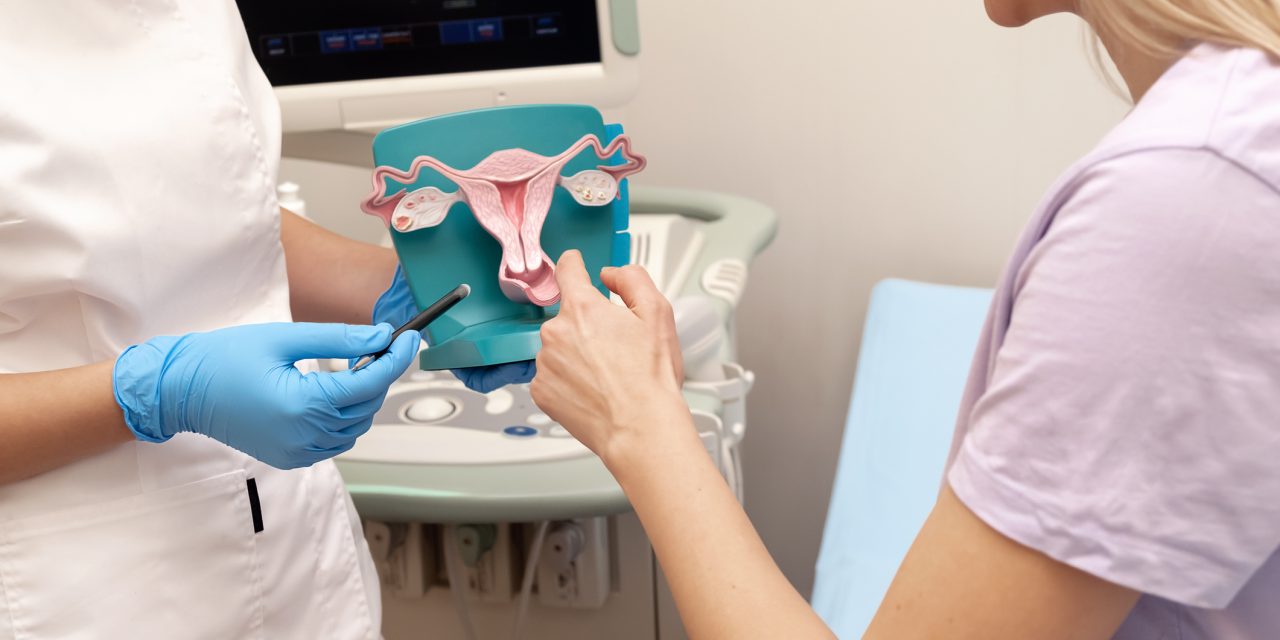Changes in maternal immunity during pregnancy can result in an altered immune state and, as a natural perturbation, this provides an opportunity to understand functional interactions of the immune system in vivo. We report characterisation of maternal peripheral immune phenotypes for 33 longitudinally sampled normal pregnancies, using clinical measurements of complete blood counts and major immune cell populations, as well as high parameter flow cytometry for 30 different leukocyte antigens characterising 79 cell populations, and monitoring of 1305 serum proteins using the SomaLogic platform. Cellular analyses characterised transient changes in T cell polarization, and more persistent alterations in T and B cell subset frequencies and activation. Serum proteomic analysis identified a novel set of 7 proteins that are predictive of gestational age: DDR1, PLAU, MRC1, ACP5, ROBO2, IGF2R, and GNS. We further show that gestational age can be predicted from the parameters obtained by complete blood count tests and clinical flow cytometry characterizing 5 major immune cell populations. Inferring gestational age from this routine clinical phenotyping data could be useful in resource limited settings which lack obstetric ultrasound. Overall, both the cellular and proteomic analyses validate previously reported phenotypic immunological changes of pregnancy, and uncover new alternations and predictive markers.
Multi-modal immune phenotyping of maternal peripheral blood in normal human pregnancy.


